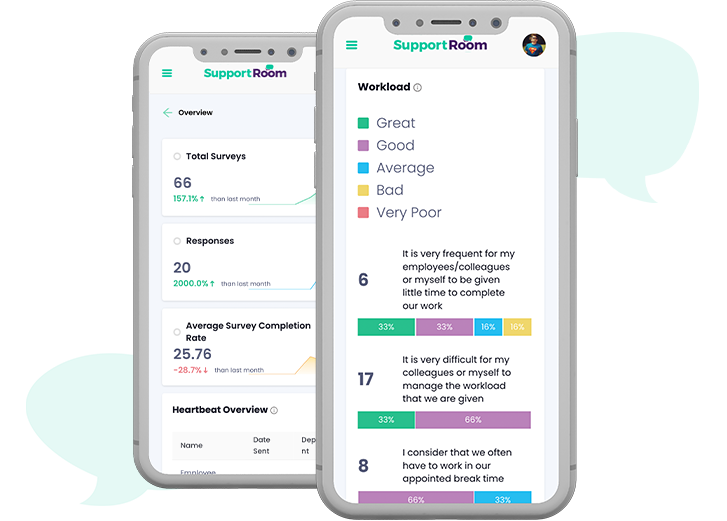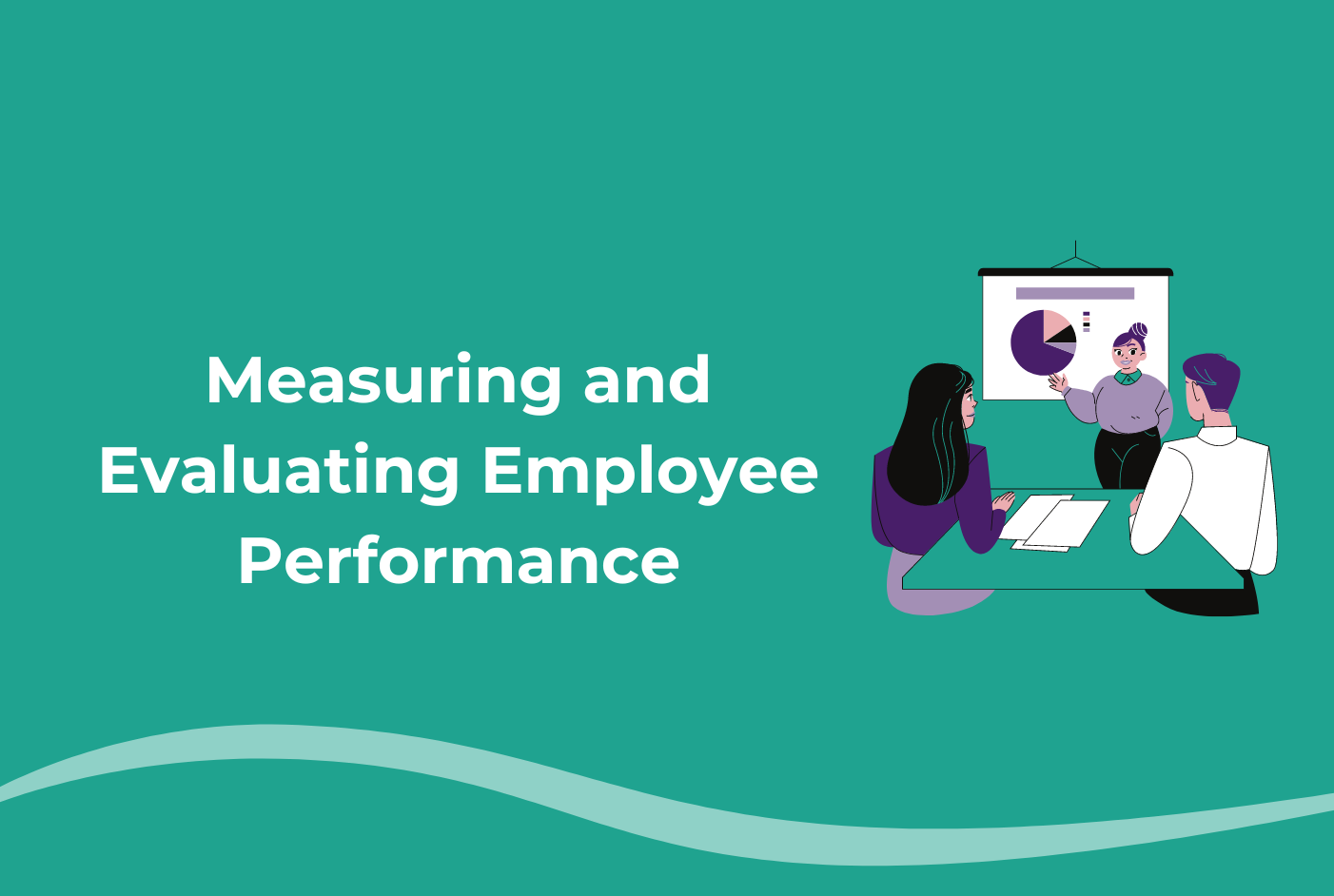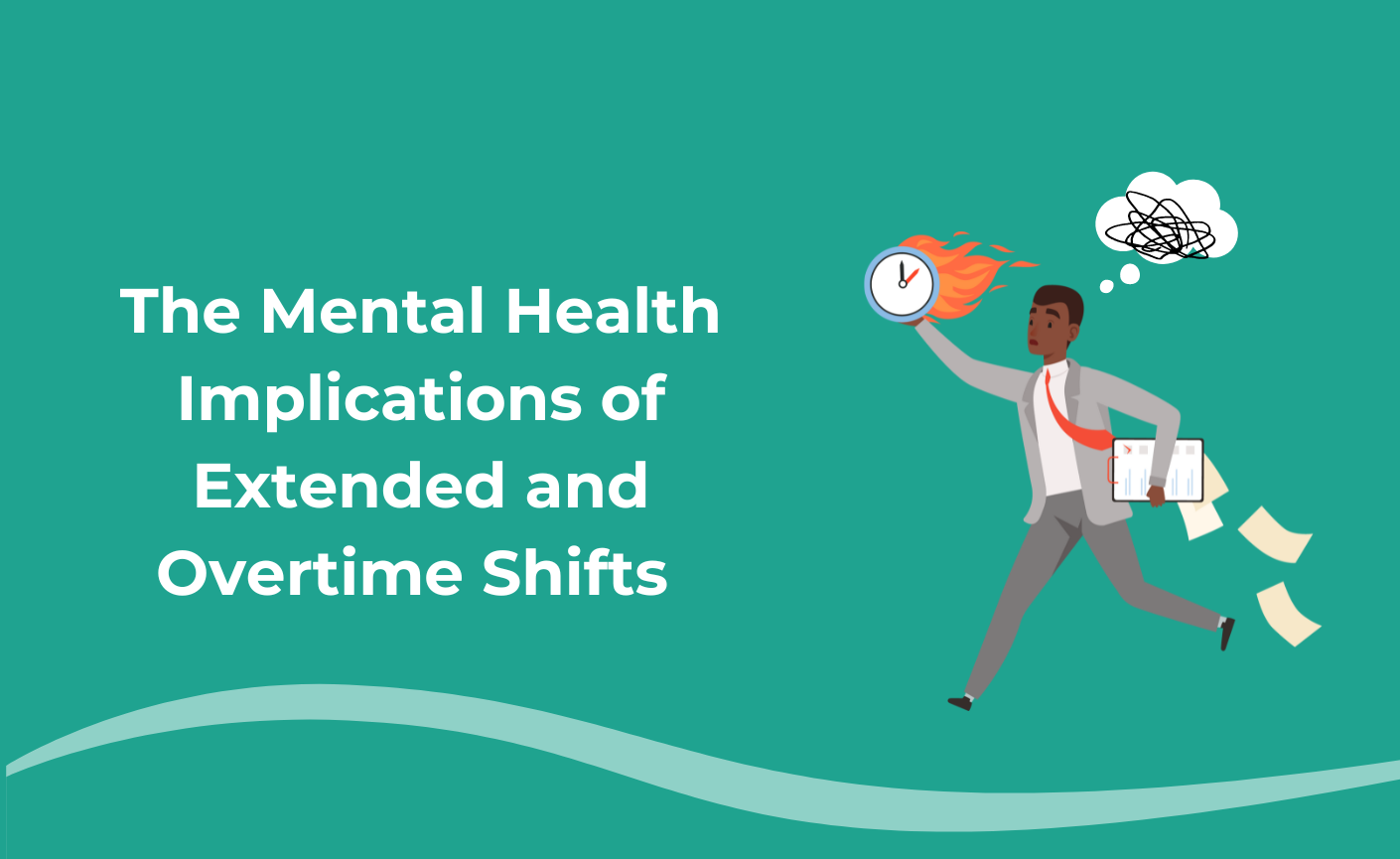In a world saturated with expectations, pressures, and an overwhelming influx of information, emotional health remains a topic that many struggle to address openly. While physical well-being is widely discussed, emotional resilience, mental overload, and the impact of societal pressures are often pushed aside—trivialized or misunderstood.
Yet, emotional health is at the core of everything we do. It influences how we work, how we interact, and how we perceive our own worth. And yet, despite its significance, many find it difficult to talk about, burdened by the weight of social stigma and unrealistic standards.
The Unseen Pressures: Society’s Influence on Emotional Well-Being
From an early age, we are conditioned to present an image of strength, success, and happiness. Social media only amplifies this, offering a curated version of reality where struggles are hidden and perfection is portrayed as the norm.
- Expectations to “have it together” create an illusion that struggling emotionally is a sign of weakness rather than a natural part of life.
- The overload of digital information makes it nearly impossible to disconnect, leading to stress, comparison, and burnout.
- The stigma around vulnerability discourages people from seeking help, reinforcing the idea that emotions should be managed in silence.
The Emotional Overload: Too Much, Too Fast
The modern world demands constant engagement. We are bombarded with news, social updates, and work responsibilities, leaving little space for self-reflection and emotional regulation. This can result in:
- Anxiety and decision fatigue, where the sheer volume of choices and information becomes paralyzing.
- Emotional numbness, where overstimulation leads to a detachment from one’s true feelings.
- A culture of avoidance, where people suppress emotions rather than address them head-on.
The Cost of Not Talking About It
When emotions are left unchecked, they manifest in ways we might not immediately recognize—through stress-related illnesses, strained relationships, or a lingering sense of dissatisfaction. Suppressing emotions does not make them disappear; it only makes them harder to manage.
Ignoring emotional well-being can lead to:
- Chronic stress and burnout, reducing productivity and overall life satisfaction.
- Disconnected relationships, where meaningful interactions become overshadowed by unspoken struggles.
- Increased mental health concerns, as repressed emotions often escalate into more serious psychological challenges.
Reclaiming Emotional Health on Your Own Terms
This is where SupportRoom comes in!
The key to emotional well-being is acknowledging that it is an ongoing process, not a fixed state. Rather than conforming to societal expectations, we need to create space for real emotions—unfiltered and authentic.
- Normalize conversations about emotional health. Sharing struggles doesn’t make you weak; it makes you human.
- Curate your digital environment. Take breaks, set boundaries, and engage in content that enriches rather than overwhelms.
- Prioritize self-awareness. Understanding how you feel is the first step in managing emotions effectively.
- Seek support when needed. Therapy, coaching, or even open conversations with trusted individuals can be transformative, and SupportRoom offers all of this – at the tip of your fingers.
Emotional health isn’t about erasing negative feelings or maintaining an illusion of constant happiness. It’s about recognizing, respecting, and processing emotions in a way that serves you—not societal expectations. In a world that constantly tells us how to feel, the greatest act of self-care is choosing to experience emotions in the way that feels right for you.

Gain FREE access to Heartbeat
Get a free Heartbeat Survey.
Let us uncover the true state of your team’s wellbeing with a free mental health survey for your entire organisation.
Gain valuable insights to see how you can better support your team’s mental health and performance.
No pitch. No credit card required.





